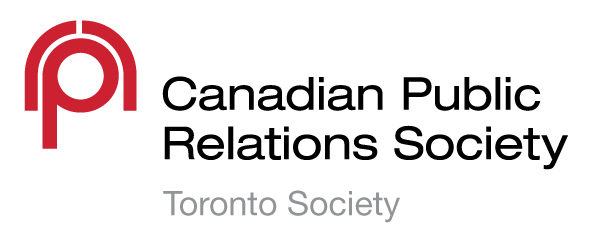Written by: Carolina Salinas, public relations and corporate communications graduate
The COVID-19 pandemic has brought about significant changes in the day-to-day
operations of companies across all various industries. In particular, non-profit and charity
organizations have faced new challenges and had to make significant adjustments
accordingly within their current mandates. Although Canadian news outlets continue to
report on how many organizations have faced unprecedented challenges while working to
stay afloat, others have found innovative ways to adapt and provide support within their
respective communities.
Here is a quick roundup of the most effective strategies that we’ve witnessed non-profit and
charity organizations implement throughout this pandemic:
1. Knowledge is power
Since the early days of COVID-19, The Centre for Addiction and Mental Health (CAMH)
has been a comprehensive hub for mental health resources available to both the public and
health care providers. Creating and disseminating informative fact sheets, CAMH has
helped various groups of people manage their increased levels of stress, anxiety, fear and
uncertainty surrounding the pandemic.
Catering to a wide range of target audiences, these informational sheets have been tailored
to suit the needs of many diverse groups, including essential workers, marginalized youth,
those living in difficult housing situations, substance users and individuals with
developmental disabilities.
In addition, CAMH offers an online forum for facilitating peer-to-peer discussions.
Providing a virtual space for support and encouragement, participants have been able to
share their own personal experiences with managing setbacks related to the COVID-19
pandemic, as well as learn from other users’ tips and suggestions to cope with these
difficult times. Furthermore, a group of moderators are available on weekdays from 9 a.m.
to 5 p.m. within the group setting to provide information in response to general inquiries, as
well, as to help guide the use of CAMH’s resources.
2. Virtual care and friendly calls
The Canadian Red Cross has been operating a call centre on behalf of the City of Toronto
working to support all individuals who find themselves isolated and in vulnerable
situations. Through this virtual service, program users can call to put in an anonymous
request for assistance and receive food hampers delivered at their doorstep to help prevent
the spread of COVID-19.
Additionally, the Province of Ontario has been offering virtual care appointments easily
accessible over the phone, working to provide guidance and emotional support to those
seeking personal assistance throughout this isolation period.
3. Live online classes and activities
The YMCA of Greater Toronto recently launched a virtual gathering space known as The
Bright Spot, where older adults have been able to take online exercise classes together
despite physical distancing measures. Along with this, YMCA Toronto has also been
offering an array of other social activities, including mindfulness tutorials, small online
discussion groups and trivia nights, available to the public free of charge.
Through The Bright Spot and its wide range of live online classes and social activities,
older adults have been able to participate in routine exercise programs such as yoga and
dance, as well as engage in community initiatives like Bingo, trivia, virtual chats and
information sessions.
Collectively, these resources have provided crucial support to this target demographic in
spite of physical distance, helping to maintain their sense of routine and allowing them to
feel connected with others, from the comfort and safety of their own homes.
4. Educational webinars
Since the start of the COVID-19 pandemic, the Canadian Cancer Society has implemented
a new webinar series to provide support and information to both cancer patients and their
caregivers, including family and friends.
During each episode hosted through a virtual platform, an expert speaker guides the online
audience through a specific topic being presented and provides helpful information for how
to manage the unique needs of those living with cancer during COVID-19.
5. Reaching new audiences
For organizations where the distribution of physical goods remains at a core part of its
ongoing services, safety protocols implemented as a direct result of the COVID-19
pandemic has posed a significant challenge to overcome. For The Children’s Book Bank,
belief in the value of reading physical books over those available on a screen has motivated
their team to ensure this remains a reality even during these challenging times.
As a result, The Children’s Book Bank has partnered with Building Roots, a food security
agency, to make the distribution of books to families an essential service even amidst
current events. In response to the global health crisis, the books being handed out have been
sanitized and categorized by age for easy delivery through Toronto’s food bank system and
across other social service agencies. From all this, families picking up food or accessing
other health and educational services have been able to receive a curated selection of
age-appropriate books to share with their children.
As we can see, despite the new pressure faced to provide valuable services
under challenging circumstances, many Canadian non-profit and charitable organizations
have led their efforts with creativity and optimism to help successfully pave a future path
ahead. CPRS Toronto is proud to represent communicators across all domains and sectors,
and looks forward to continuing to monitor the timely and impactful solutions its members bring the community.

